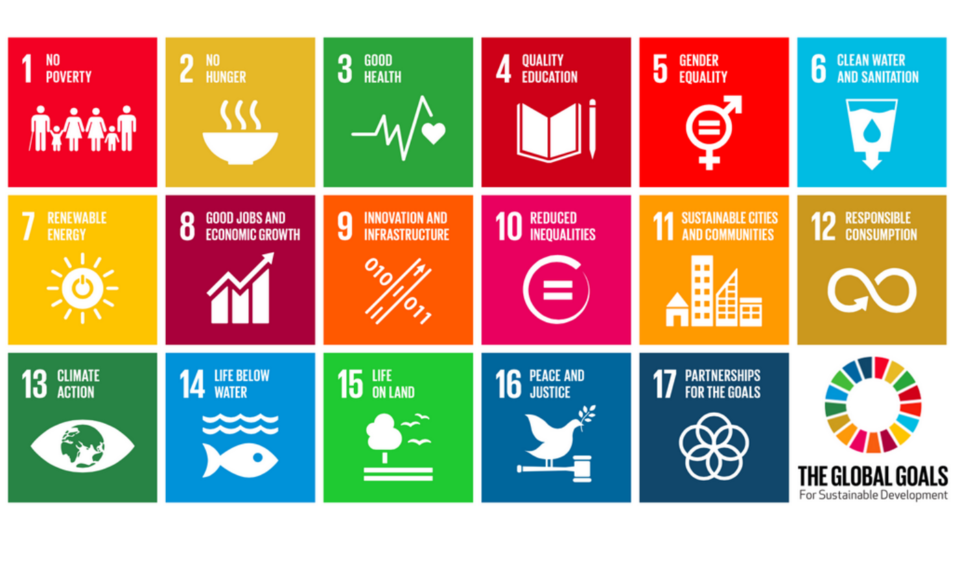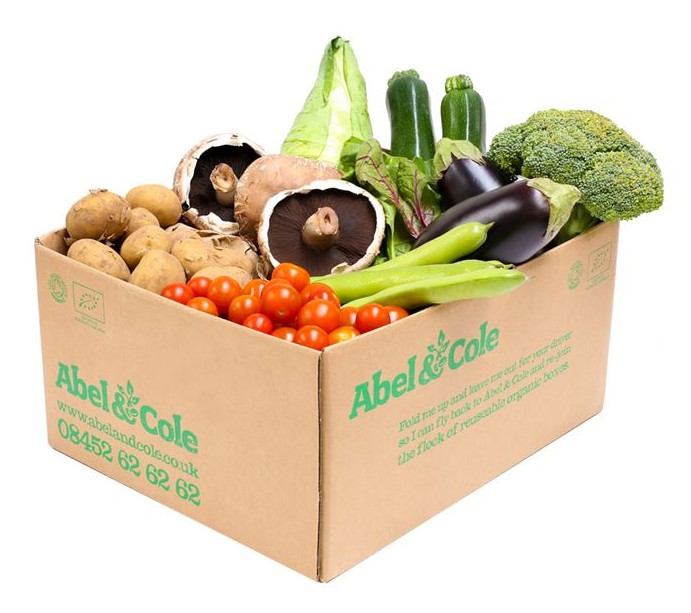Positive Impact Portfolios
Summer 2017 Update

Welcome to the EQ Investors Quarterly Summer Update on Positive Impact Portfolios and Areas for Sustainable Growth and Innovation
EQ Investors quarterly update focuses on specific investments made by the funds within the Positive Impact Portfolios. As well as avoiding harmful investments, we continually seek to find funds which aim to make a positive contribution to society or the environment, alongside an attractive financial return.
We assess every fund in the portfolio against 41 criteria for impact. This update focuses on three areas: clean fuels, healthcare and sustainable food production.
With this update we are working on aligning our impact reporting with broader international standards. The United Nations Global Goals were adopted in 2015 as part of the 2030 Agenda for Sustainable Development. They provide a holistic framework for action around the issues seen as the most critical for the planet and humanity.
A subset of these goals align well with our positive impact criteria, so they are highlighted in this update for the first time:
1 clean fuels
Reducing vehicle emissions
In 2016, greenhouse gas emissions in the UK totalled 466Mt, of which 374Mt was carbon dioxide equivalent. Although this is 42% lower than 1990 levels, considerable reductions still need to be made if the UK is going to contribute to the Paris Agreement Goal to limit the global temperature increase to 2°C. The transport sector in the UK currently contributes 24% of the total greenhouse gas emissions.

Solution:
Sustainable transport – Biofuel buses
Stagecoach is one of the largest bus companies in the UK serving over 3 million passengers every day on 2,200 routes. As part of its plans to continue to reduce its carbon emissions (and building on a 30% reduction in carbon intensity since 2007/08) Stagecoach has introduced biofuel buses in Kilmarnock, Scotland. The Biofuel buses containing two fuel tanks, and these buses are turned on with diesel before switching to fuel produced from used cooking oil. The buses run on this fuel for the rest of the day. As a result CO2 emissions from the buses have been reduced by 80% and 70 tonnes of cooking oil recycled. This oil would otherwise have been disposed of in landfill (or dumped in sewage systems). Local residents have also been able to trade their own used cooking oil for reduced tickets as part of the BioBus scheme.
Fund in focus:
Rathbone Ethical Bond

Stagecoach received investments from the Rathbone Ethical Bond fund. This fund invests in companies or institutions helping to tackle social and environmental issues mainly in the UK. Sustainable transport alongside renewable energy projects either owned or financed help solving the “Affordable and Clean Energy” Sustainable Development Goal.
Find out more via the EQ rated funds page:
2 healthcare
Providing specialist cancer care
Cancer is the leading cause of death in the UK, with almost 163,000 people dying from it every year. There are 6,980 cases of cancer are diagnosed every day, and there are currently 2.5 million people in the UK living with cancer. Of these, about 50% will recover and live more than ten years.
Solution:
Dedicated healthcare centres
Leeds Cancer Centre is one of the largest specialist cancer treatment centres in the UK and treats patients from all across the north of England. In addition to offering normal cancer treatments, such as chemotherapy and radiotherapy, the Leeds Centre is also leading the way in a number of pioneering and additional treatments. These include advanced surgery, complementary natural healing methods, hair loss support groups and workshops in meditation and relaxation. For example, recent investment has allowed an ageing Linac machine – which delivers external beam radiation treatments – to be replaced with a new state-of-the-art model. The new technology contained within the machine means the radiation is able to target the cancerous tumours whilst sparing the surrounding healthy tissue and thereby causing less harm to the patient.
Fund in focus:
Royal London Sustainable Managed Income
Leeds Cancer Centre received investments from the Royal London Sustainable Managed Income Trust which invest in companies or institutions helping to tackle social and environmental issues mainly in the UK. To find out more please visit::
eqinvestors.co.uk/eq-rated-funds/

3sustainable food production
Organic food production
With the mechanisation of agriculture in the late nineteenth and early twentieth century the methods, yields and products produced for human consumption underwent a radical evolution.10 The use of pesticides, herbicides and fertilisers dramatically increased crop yields whilst intensive rearing techniques of animals meant many more could be reared for slaughter at a much faster rate. However, these improvements were not without issues with debates now raging around the potential dangers of pesticides – with conflicting studies debating whether they are carcinogenic11 – an increased public awareness of animal welfare standards and a desire to be able to trace the source of the food we consume.12 The new technology of GMO (genetic modification) has also caused anxiety over the possibility that GMO seeds could ‘escape’ into the wild and ‘infect’ wild varieties, damaging ecosystems and native plant varieties.13
Solution:
Sustainable farming
Wessanen sells organic, Fair Trade and non-GMO products in the European Market. Whilst not without critics,14 organic food helps to combat soil degradation through practices such as crop rotation or intercropping and also avoids the as yet unproven risks and/or benefits of GMO food.With 97% of products classified as vegetarian, Wessanen aims to reduce the over-consumption of meat (which generates issues such as methane production by cows) by providing people with healthier alternatives.15 In addition to selling these products, the company also does its best to link people to the source of their food through campaigns; its partnership with the Youth Food Movement Academy saw it seek to educate young people about the food production system in order to better appreciate the effort it takes to produce their food.

FUND IN FOCUS:
Liontrust Sustainable Future European Growth
Wessanen received investments from the Liontrust Sustainable Future European Growth fund which supports European companies that are making our environment and society more sustainable and resilient. Organic food is a relatively small allocation to the fund but achieving the Sustainable Development Goal number 12 called “Responsible Consumption and Production” is a common objective for many of the companies held within the fund. To find out more please visit:
eqinvestors.co.uk/eq-rated-funds/
Notes
- Transforming our world: the 2030 Agenda for Sustainable Development, United Nations
- 2016 UK Greenhouse Gas Emissions, Provisional Figures, Department for Business, Energy & Industrial Strategy
- The Paris Agreement, United Nations Framework Convention on Climate Change
- About Stagecoach, www.stagecoachbus.com
- Case studies, www.stagecoach.com
- Statistics fact sheet, Macmillan Cancer Support
- Cancer Statistics for the UK, Cancer Research UK
- Leeds Cancer Support, Leeds Cancer Centre
- Cancer patients to benefit from latest state-of-the-art technology, Leed Cancer Centre
- Mechanization of Agriculture: Meaning, Benefits and Progress, www.economicsdiscussion.net
- Insecticide lindane found to cause cancer, The Guardian
- The Organic Market Report, Soil Association
- Arguments for and against GMOs, Debating Europe
- Serving McDonalds to food experts?, Lifehunters (YouTube)
- Our purpose, wessanen.com
- 2016 Recap, wessanen.com#
Next steps:
You can download a Positive Impact Portfolio brochure, view factsheets and invest online via the EQ website. Please get in touch for further information:
eqinvestors.co.uk
020 7488 7110
positive@eqinvestors.co.uk
This feature is sponsored by E Q Investors.
Organic Food Image, Courtesy of Abel and Cole






